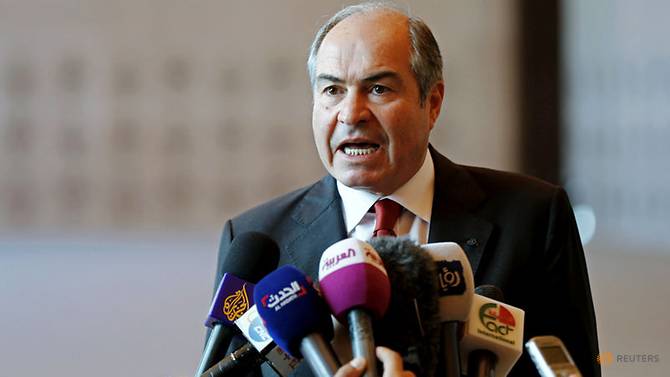Thousands of Jordanians took to the streets of the capital Amman and main provincial towns again on Sunday, extending days of protests that have shaken Jordan, a staunch U.S. ally that has remained stable through years of turmoil in the region.
***
11:54
Jordanians turned out Sunday for the fifth day of angry anti-austerity protests, a restive outpouring against government tax legislation and an IMF plan calling for an increase in taxes and energy prices, CNN reported.
Masses demonstrated in the capital on Sunday as police jostled with protesters attempting to break through security barriers to get close to the Prime Minister's office.
"We will continue to protest until the sacking of the prime minister," said Zaki Hadabin, a lawyer at the protests in Amman.
As the protests boiled, King Abdullah II asked to meet Prime Minister Hani al-Mulki for a meeting on Monday, a Jordanian member of Parliament told.
Since a strike began on Wednesday, thousands have been protesting, both in the capital Amman and other locations. State-run news agency Petra said that protests were seen in at least seven other cities on Saturday.
Petra reports that protesters in Amman urged the government "to revisit the whole economic approach and search for other alternatives that would guarantee better and stable living conditions."
Last month the Jordanian government introduced an income tax bill aimed at widening the tax base, increasing the tax brackets, and penalizing those who do not pay.
Protests started on Wednesday after trade unions rejected the bill, calling on the government to withdraw it and announcing a general strike.
Members of Parliament have vowed to reject it, refusing to vote on the bill.
Jordanian MP Kais Zayadin from the Ma'an party tells that the protests began because "the government failed to engage the public and properly communicate with different segments of society."
On Saturday, the king urged his government "to lead a comprehensive, rational, national dialogue to reach a consensus on the draft income tax law that does not fatigue the public, combats evasion and improves the efficiency of tax collection," according to a statement issued by the Royal Hashemite Court.
King Abdullah II also affirmed that it would be "unfair for citizens to be left alone to carry the burden of financial reform, stressing that shortcomings in providing vital services such as education, healthcare, and transport will not be tolerated," according to Petra.
Also on Saturday, Petra reported that the government and unions had agreed to continued discussions over the law.
T hat was not enough for protesters.
A sea of protesters gathered outside of al-Mulki's office on Saturday night. Images of burning tires and blocked roads teeming with demonstrators could be seen in videos posted to social media.
While the protests remained largely peaceful, there were some reports of violence, as riot police and security officials clashed with some of the protesters and deployed tear gas .
Z ayadin says Jordan is going through a tough economic situation, which is fueling the protests. "We are a small country that has been hit with repeated crises, and regular Jordanian citizens are feeling the weight of it," he said. "It is not enough for the government to increase the financial burden on citizens, the government must itself walk the talk and demonstrate how they are trimming costs themselves."
In 2016, Jordan received an IMF loan with the goal of reforming the country's economy and lowering the public debt in exchange for implementing austerity measures, cutting subsidies, and increasing the sales tax.
More about: Jordania
















































